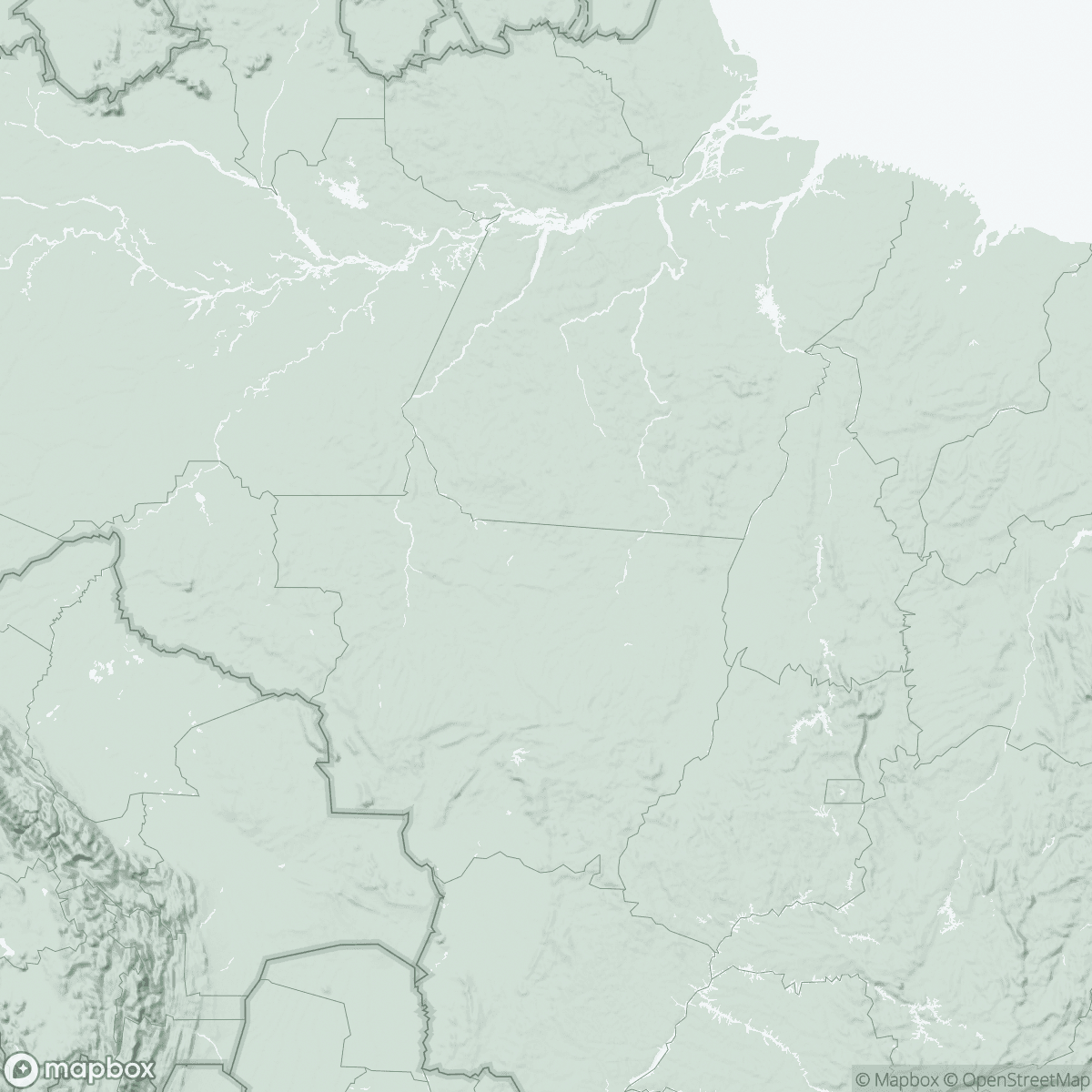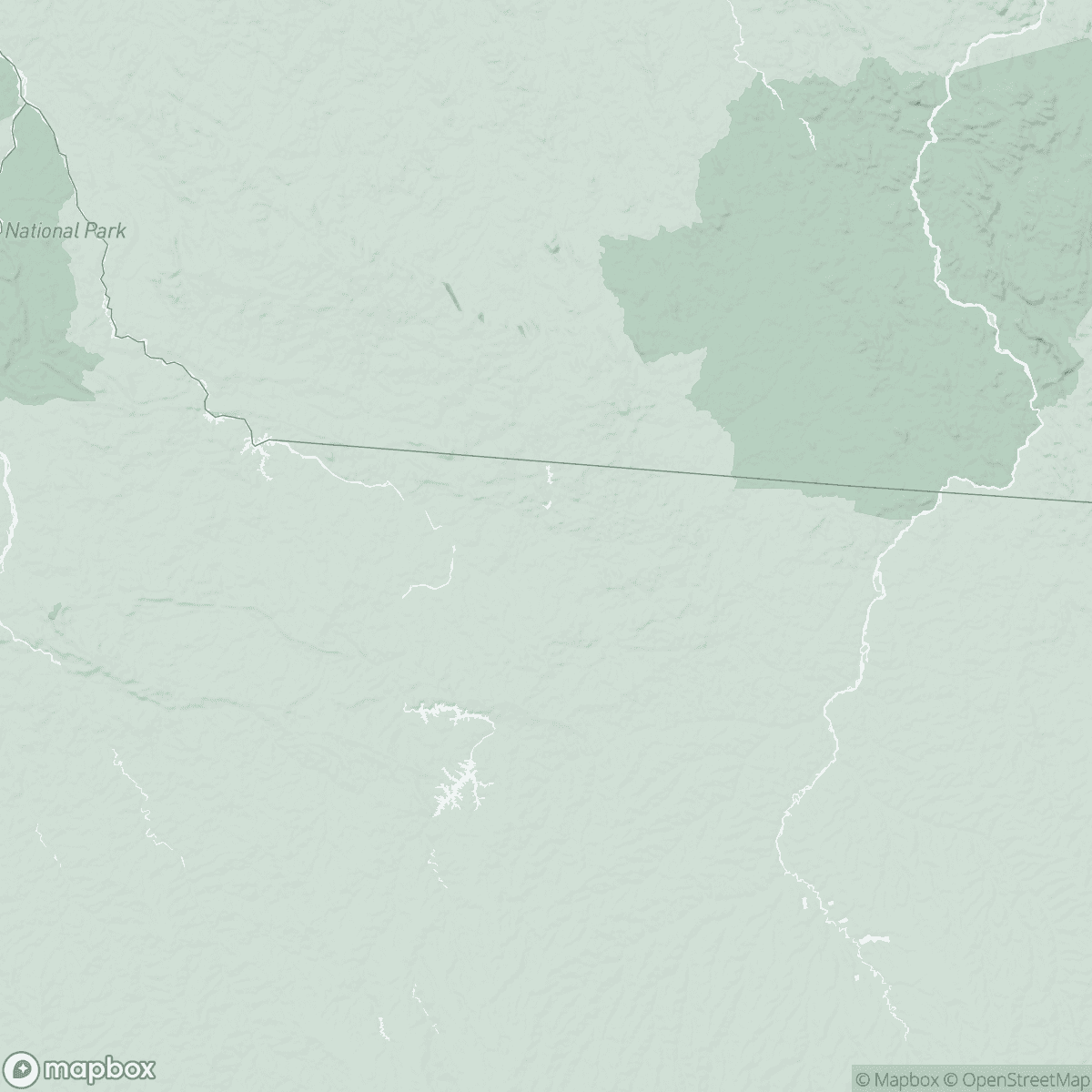
COP 30: MSF calls for concrete actions to address the health impacts of climate change
In 1 click, help us spread this information :
The impact of the climate crisis is felt most acutely by populations in situations of vulnerability, whose voices should be heard during the upcoming UN conference in Brazil.
While the health impacts of the climate emergency are increasingly clear, health discussions have historically been sidelined in high-level debates at the UN’s climate conferences.
COP30, taking place from November 10 to 21 in Belém, Brazil, presents a critical opportunity to both elevate global awareness of the health consequences of climate change and to advance effective strategies for adaptation and resilience to climate-related challenges.
Millions of people all over the world already face severe health impacts of the climate emergency, but the heavier burden falls on at-risk populations. Médecins Sans Frontières/Doctors Without Borders (MSF) assists communities that experience first-hand the consequences of the climate crisis on their health.
“We see the impact every day in the different locations where we work, and people living in situations of vulnerability are the most affected, precisely those who contribute the least to greenhouse gas emissions. These communities are paying with their lives and health for a crisis they did not create” says Dr. Maria Guevara, MSF’s medical secretary.


MSF is an eyewitness to the human cost of climate emergency
The reality the MSF teams see is that repeated and overlapping extreme weather events, such as floods, droughts, and storms, are increasing at breakneck speed in many areas. Communities are struck again before they have time or the capacity to recover from the previous disaster.
These events intensify physical risks and damage infrastructure but also erode psychological and emotional resilience, causing complex trauma, not only from the immediate impact, but also from family separation, food insecurity, and displacement.
That’s what happened recently in Brazil, when consecutive events of heavy rains, flooding and landslides affected the southern state of Rio Grande do Sul in 2023 and 2024, resulting in hundreds of deaths and leaving hundreds of thousands displaced. MSF set up a response focused on supporting vulnerable populations with mobile clinics, medical and mental health support in shelters, and training local professionals on psychological first aid.
The most affected are often those who already lack access to or are excluded from basic healthcare – including people living in conflict-affected areas, displaced families, rural populations, those living in poverty, and indigenous communities. The climate emergency exacerbates existing health and social inequities, compounding pre-existing vulnerabilities.
Some of our other projects respond to extreme weather events, such as cyclones and extreme flooding, which have become more frequent and intense, namely those that took place last year in Mozambique and this year in Madagascar.
Rainfall patterns are less regular, facilitating the spread of vector-borne diseases such as malaria and dengue fever. These and other diseases can become more lethal if combined with malnutrition, as we saw last year in northern Nigeria.
Droughts can be more prolonged, limiting access to water, as is the case in Mozambique, and heatwaves are becoming more frequent. In Zimbabwe, drought resulted in crop failures, which in recent years drove farmers to informal mining. Then, access to safe water became a major issue for miners, and MSF intervened to map out contaminated water sources and start implementing solutions.
The consequences of the climate crisis are clearly more severe for people who live in climate-vulnerable settings. And for some populations, even the recommendation to stay hydrated can be impossible to follow because of the lack of a safe, potable water source. A flood in a city can cause damage; even worse, a flood in an area with a precarious sewage system can spread diseases like cholera and diarrhea, as happened in Haiti.
“It is important to understand that many of these impacts are cumulative and fall on communities that generally have limited resources to react effectively,” says Dr. Maria Guevara. She explains that MSF is working to adapt its operations so that the response to problems caused by the climate crisis can be more effective.
“We need more early detection systems that take into account not only weather patterns but also epidemiological ones, to better understand this interrelation and react more quickly and effectively.”


From commitments to action
COP30 needs countries to present more ambitious climate goals. So far, failure to deliver on commitments to curb emissions has resulted in continued global heating. If climate change accelerates unabated, the living conditions for some people in the world will become even more unacceptable.
In addition to more ambitious climate goals, action is urgent.
“The most affected countries and communities are not receiving the support they need, which is concrete financial and technical support that can translate into real improvements in people’s health and health systems on the ground,” Dr. Guevara explains.
MSF advocates for integrating a stronger health and humanitarian perspective into the conference agenda and for mobilizing concrete action to safeguard the health of the most at-risk communities, especially those in situations of vulnerability. Another important point is to ensure broad access to climate adaptation strategies, so as not to perpetuate mechanisms that increase inequalities and privilege rich countries. This is especially challenging considering that funding for adaptation is clearly insufficient to cover the needs, increasing the inequality gap.
Despite the challenging scenario, a promising aspect for the Belém conference is the stronger role expected for local and Indigenous populations in framing and enacting solutions, thus renewing hope that long-delayed implementation may finally move forward where it matters most.
“Our experience shows that a top-down approach would not only be inefficient, but in fact it would be unwise not to apply the knowledge of traditional communities to help us tackle such a complex challenge as the climate emergency,” says Renata Reis, executive director of MSF Brazil.
She hopes the prominent role that grassroots movements are expected to play at this edition of COP could make a positive difference.
“If our efforts overlook local and indigenous knowledge, we risk ignoring real needs and deepening existing inequalities,” she concludes.

